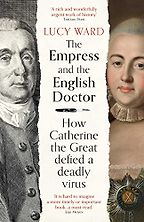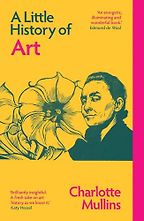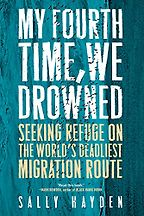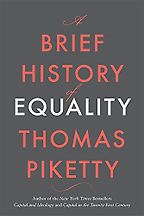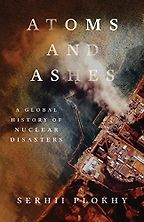If you like nonfiction, it’s been a nice few months to browse new books, with a good array of subjects from obscure ancient philosophers to the most important political trends of our age, from the most vulnerable of today to those who ruled over huge civilisations of the past. This is my spring roundup, delivered with the usual caveat that what interests me and I want to know more about doesn’t necessarily appeal to others.
I love history and I find medical history in particular very gripping (especially the discovery of vaccines), so I really enjoyed The Empress and the English Doctor: How Catherine the Great Defied a Deadly Virus. The author, Lucy Ward, is a journalist so it’s good bedtime reading, bringing home the story of the fight against the horrors of smallpox as well as focusing on Catherine the Great, who I’ve been wanting to know more about.
Staying with Russia and popular history, Antony Beevor, the bestselling military historian, has a big book coming out on the Russian Revolution (and subsequent civil war) next week, already described by more than one reviewer as a “masterpiece.”
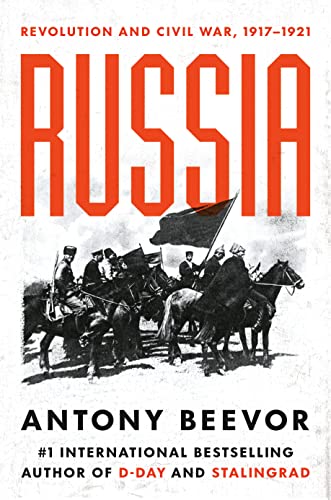
If you’re interested in naval history, you may already have come across Victory at Sea, by Yale historian Paul Kennedy (author of the iconic The Rise and Fall of Great Powers), which charts the rise of America as a superpower. Other books I liked the look of are A Village in the Third Reich by Julia Boyd (and Angelika Patel), a microhistory of how one small German mountain village—Oberstdorf in Bavaria—responded to the rise of Nazism. Already out in the US but out in the UK later this month is The Road to Dien Bien Phu—when Vietnamese forces defeated French colonisers in a pitched battle. Christopher Goscha, a professor at the Université du Québec à Montréal, looks at how, from almost nothing in 1945, Ho Chi Minh managed to build up an army strong enough to send the French packing by 1954 (setting the stage for the Americans to be sent packing two decades later).
Turning to the more distant past, there’s a good introduction to the Nile civilisation of more than three millennia ago, Tutankhamun’s Trumpet: The Story of Ancient Egypt in 100 Objects, by Cambridge Egyptologist Toby Wilkinson.
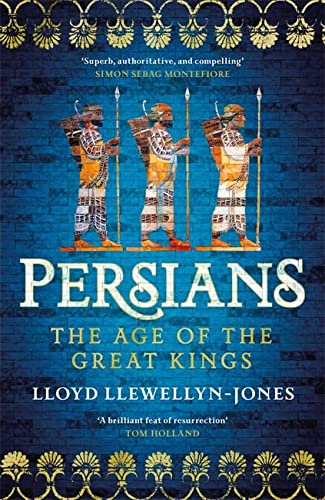
The Persian Empire may be less written about in English but deserves as much attention. Persians: The Age of the Great Kings by Lloyd Llewellyn-Jones of Cardiff University is now out, his books always a good antidote to the Greek-centric view of ancient history where Persians only feature as the baddies.
The Young Alexander by TV documentary producer Alex Rowson looks at the man who brought the Persian Achaemenid Empire to its end, Alexander III of Macedon (aka the Great). Rowson uses the archaeological finds at Vergina in Northern Greece—the tomb of Philip II of Macedon, Alexander’s father—as a springboard to weave a picture of Alexander beyond the one many of us have from reading Mary Renault’s Fire from Heaven.
Empires as a subject have been popular this spring, with different emperors across time and space featuring in In the Shadow of the Gods: the Emperor in World History by Cambridge historian Dominic Lieven. In Empires of Eurasia, Jeffrey Mankoff looks at how the imperial past of Russia, Turkey, Iran and China affects their current geopolitical outlook.
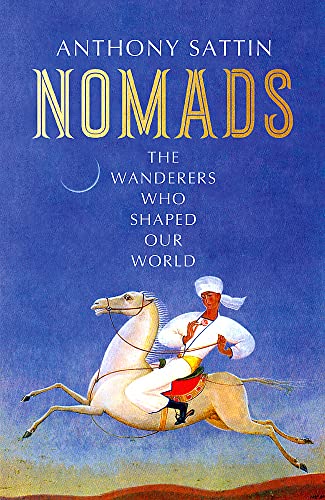
Though not out till the end of the month, what looks to be a refreshing take on world history is a look at all the people who didn’t settle down across the millennia: Nomads: The Wanderers Who Shaped Our World by British travel writer Anthony Sattin. I was also excited to see a new book about Ferdinand Magellan, the disaster-ridden Portuguese explorer, by global historian Felipe Fernández-Armesto. It’s called Straits: Beyond the Myth of Magellan, and is also a detailed look at the place and period he lived in.
Brief informed surveys of complicated subjects are always helpful so I was pleased to see a new book in the Yale University Press Little Histories series: art critic Charlotte Mullins taking on 100,000 years of art history in A Little History of Art. Theoretically aimed at young adults, these books are great for older adults too.
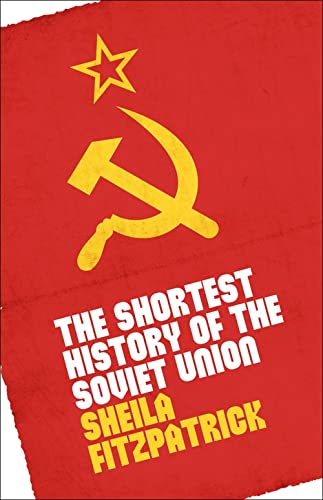
Along similar lines, Australian historian and 20th century Russia specialist Sheila Fitzpatrick has published The Shortest History of the Soviet Union, covering its seven-decade, complex history in just 230 pages (with comfortable spacing and quite a few illustrations). It’s part of ‘The Shortest History of…’series, which also had a highly recommended short history of China by Linda Jaivin last year.
Much as I love escaping to the past, it’s irresponsible to ignore the present, and probably the most important and touching book I’ve read this year is My Fourth Time, We Drowned by Irish journalist Sally Hayden. This is the story of refugees trying to get from countries in Africa to Europe, and what they go through. It’s horrific and nobody comes out looking good, least of all us citizens of Europe, who have allowed terrible things to go on in our name. The book is particularly poignant for me as there is quite a bit on what’s happening in Eritrea, a country I was staying in when it became independent in 1993 when the future was full of hope.
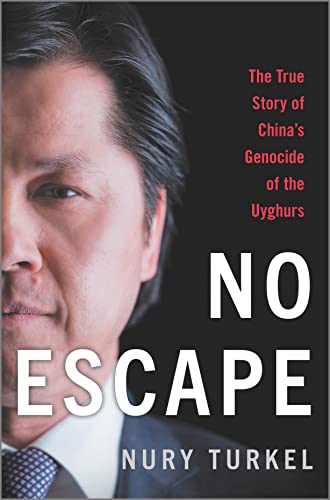
Also important to be aware of is what’s going on in China’s Xinjiang province. No Escape by Nury Turkel is the memoir of a Uyghur (now American) human rights lawyer and tells the story through his eyes.
One of the big challenges of our age is economic inequality, a topic we’ve been tracking since Five Books started more than a decade ago. Three economists wrote a pioneering paper with data on inequality over the long-term: Thomas Piketty, Emmanuel Saez, and Tony Atkinson (1944-2017). Piketty’s doorstopper books have since become bestsellers but his latest, A Brief History of Equality, is short and so a nice introduction to his approach. As some commentators have pointed out, it’s also a little more optimistic, which we probably all need right now. If you’re just interested in the data, the 2022 World Inequality Report will be out as a book in July, though you can already access it here.
The populist politicians who find a convenient scapegoat to blame for everything and whose policies normally make problems worse are well covered this spring. In Beef, Bible and Bullets: Brazil in the Age of Bolsonaro, FT journalist Richard Lapper tracks the phenomenon in Brazil where former military officer Jair Bolsonaro is in power. For the US, American political historian Julian Zelizer has edited a volume with a range of contributors: The Presidency of Donald J. Trump: A First Historical Assessment. Also new out this spring is a biography of Xi Jinping by Alfred Chan (including details such as at what age baby Jinping was weaned). If you’re looking for a general survey of authoritarian leaders around the world, The Age of the Strongman by Gideon Rachman, the FT’s chief foreign affairs columnist, looks at a number of them, starting with Vladimir Putin.
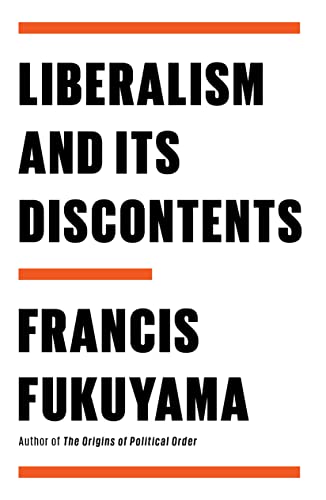
All in all, it’s a good time to reflect on liberal democracy, and Francis Fukuyama has a new, short, book out: Liberalism and its Discontents, addressing both what it is and some of the challenges it faces. He’s a clear thinker and also talked about what other books to read about liberal democracy in our most recent interview with him.
In the wake of Russia’s invasion of Ukraine, it was hard not to think again about all things nuclear—not just the danger of nuclear weapons but also whether there should be more of a role for nuclear power. In Atoms and Ashes, Ukrainian historian Serhii Plokhy, author of a brilliant book on Chernobyl, looks at six nuclear disasters around the world—starting with the testing of a hydrogen bomb in Bikini Atoll in 1954 and ending with Fukushima—to see what lessons can be learned from them. As citizens, the pros and cons of nuclear power is something we have a duty to think about, and this book is a gripping way in.
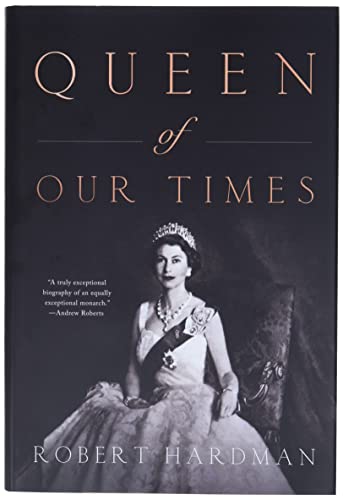
For those who have made it this far, it’s worth mentioning that Five Books is based in the UK, which means that soon we’ll be have a weekend of celebrations for the Queen’s Platinum Jubilee. Elizabeth II’s father, George VI, died in 1952 and she was crowned on June 2nd, 1953, making her the country’s longest-ever serving monarch (though she still has to beat Louis XIV of France for the world title). Many, many books about her have also been published in recent weeks, the one I most liked the look of by journalist Richard Hardman, Queen of Our Times.
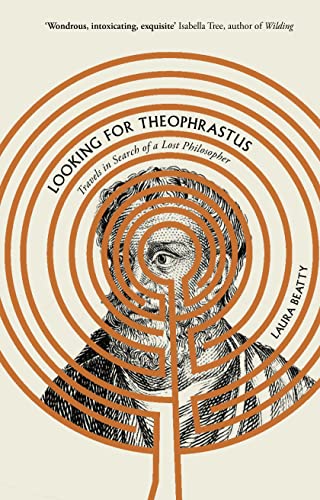
Finally, it’s worth mentioning an absolutely charming, meditative travel/philosophy book, Looking for Theophrastus: Travels in Search of a Lost Philosopher. Theophrastus attended Plato’s academy and worked closely with Aristotle and has all but been forgotten, but Laura Beatty, a British writer of fiction and literary nonfiction, brings his words to life across the millennia. “Once, when asked who his friends were, Theophrastus answered quickly, How would I know? I am rich.”
Part of our best books of 2022 series.
May 22, 2022. Updated: August 21, 2024
Five Books aims to keep its book recommendations and interviews up to date. If you are the interviewee and would like to update your choice of books (or even just what you say about them) please email us at [email protected]
Five Books interviews are expensive to produce. If you've enjoyed this interview, please support us by donating a small amount.
